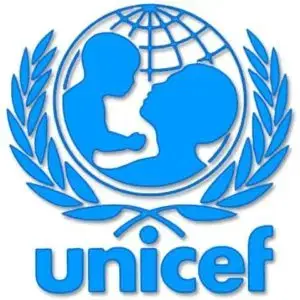
UNICEF RAISE CONCERNS ON OUT-OF-SCHOOL CHILDREN RATE IN SOUTHWEST

The United Nations Children’s Fund (UNICEF) raised concerns yesterday about the 8-15% dropout rate among adolescents in primary and secondary schools across the Southwest region, which includes Ekiti, Oyo, Lagos, Ondo, Osun, and Ogun states.
UNICEF’s Education Specialist, Azuka Menkiti, shared these concerns following a two-day regional stakeholders’ meeting in Ibadan focused on models for retaining out-of-school children, and ensuring their transition and completion of education.
Menkiti informed journalists that the completion rates among adolescents aged 10 to 18 are 92% for primary school and 85% for secondary school. She cautioned that if full retention and completion are not achieved, the shortfall could have serious consequences for the education sector both at the state and national levels.
Her words: “This is a two-day regional meeting for the Southwest zone of Nigeria. UNICEF is working to support states in enhancing retention, transition, and completion of secondary education for adolescents.
“This effort builds on about 10 years of intervention in girls’ education, which has demonstrated successful, scalable interventions to bring girls to school and keep them there.
“UNICEF is supporting states to identify and address the factors driving dropout rates among adolescents.
“When we talk about out-of-school children, we look at it from different perspectives: those who have never enrolled in school, those likely not to enrol, and those who have dropped out.
“We are particularly focused on adolescents at risk of dropping out or not completing secondary education, especially in Southwestern states where enrollment rates are high but retention, transition, and completion rates need improvement.
“At this meeting, we have commissioners, SUBEB chairmen, permanent directors, and secretaries from various Southwest states, who have come together to review successful intervention models and adapt them to their state contexts.
“We are advocating for these states to commit to ensuring adequate funding for secondary education and to develop credible data to support advocacy efforts for improving secondary education.
“For UNICEF, our work in education is focused on three core areas: system strengthening, expanding access to education, and supporting states in creating quality learning opportunities for children and adolescents.
“In terms of system strengthening, we are emphasizing evidence generation. To effectively advocate for support, states need credible data.
“We are also supporting states in developing plans and policies to create opportunities for children to transition to and complete secondary education.
“In terms of access, we are working with community structures, religious leaders, and others to address social norms that keep children out of school.”
